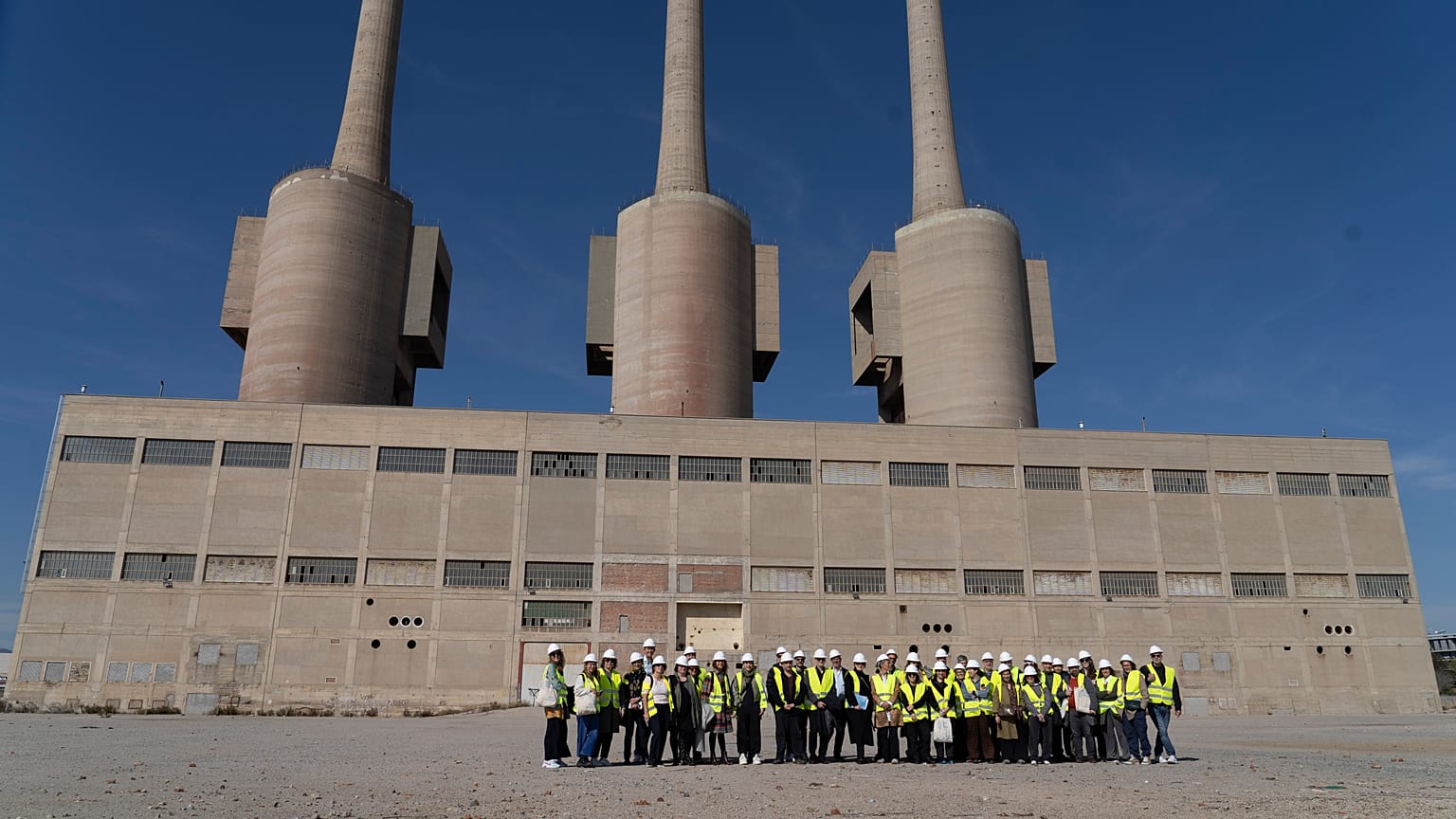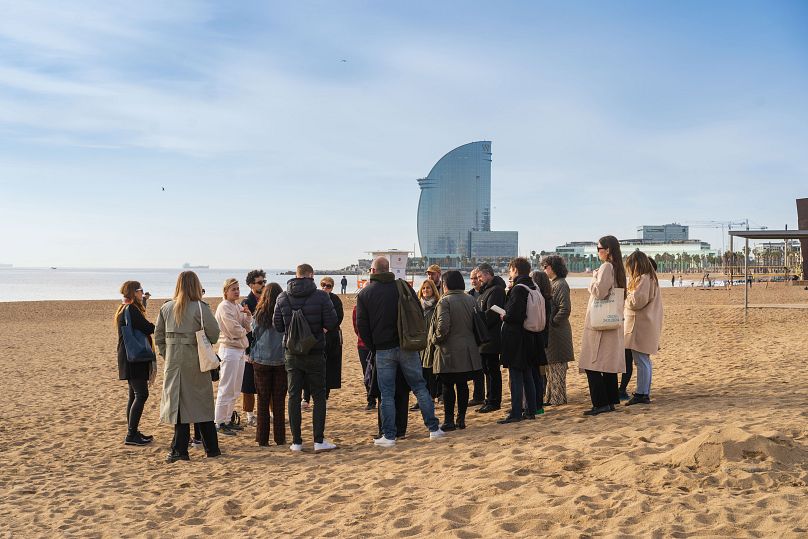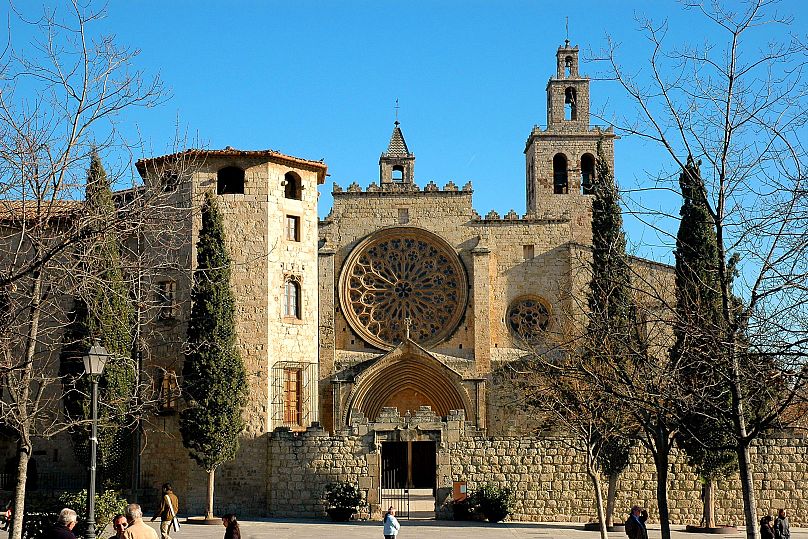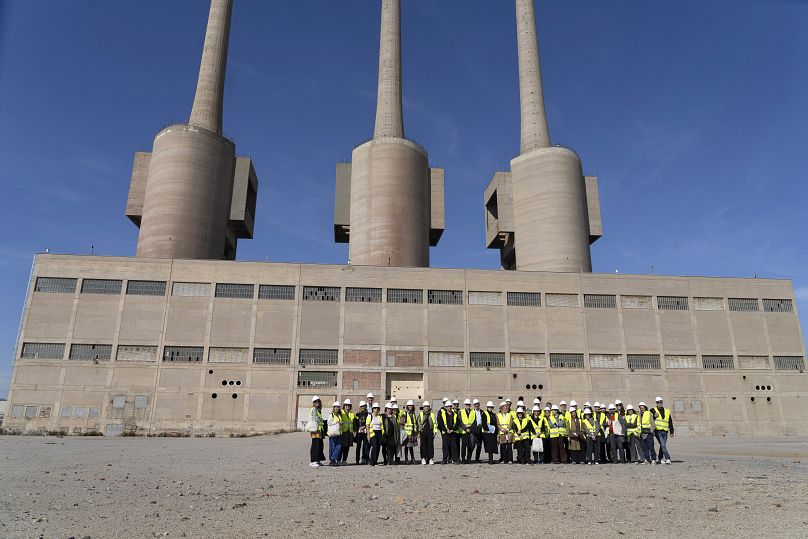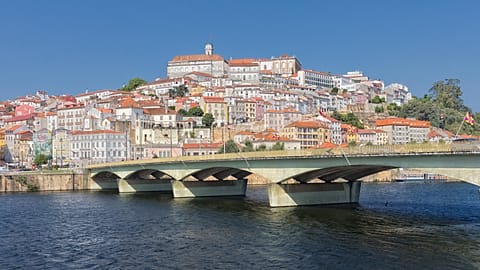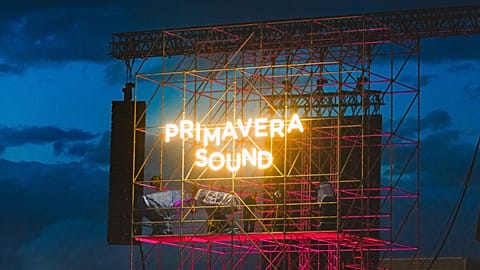Manifesta 15 Barcelona looks at how art and architecture can address pressing concerns like climate change, social injustice and economic inequality. The festival, which has toured European cities over the past 30 years, is intended to prompt debate about urgent global issues.
Pau Esteban was trying to explain the dangers faced by one of Europe’s biggest protected wetlands from the expansion of Barcelona’s airport when the roar of jet engines drowned him out.
 ADVERTISEMENT
ADVERTISEMENT
 ADVERTISEMENT
ADVERTISEMENT
It perfectly summed up the battle which is raging between private ambitions to expand the city’s airport and public anger at how this may destroy a sanctuary for flora and fauna protected by the European Commission.
Who will win may depend as much by decisions taken in Brussels as among politicians and locals in the Spanish city.
The dilemma between private and public is one of the debates at the centre of Manifesta 15 Barcelona Metropolitana, a biennial festival which will arrival in the Catalan capital between September 8th and November 24th.
The festival, which has toured European cities over the past 30 years, is intended to prompt debate about urgent global issues through art and architecture.
Power to the people
Manifesta 15 will focus on the metropolitan environment, addressing pressing concerns such as climate change, social inequalities and economic inequalities.
Instead of trying to draw more tourists to Barcelona which has its spoils of visitors, Manifesta seeks to prompt debate among local people through culture.
Renowned artists, architects and urbanists from Spain and Portugal will participate in this edition of the festival and focus on the opportunities for decentralised structure, natural resources and mobility networks.
“The cultural institutions of the city are all in the centre of Barcelona, catering for 23 million tourists,” Hedwig Fijen, the director of Manifesta, told Euronews Culture.
She said for the 5 million people living in greater Barcelona there was little of cultural interest in the outskirts and they had to travel to the centre for museums, art galleries or theatre.
Public concerns, private ambitions
Fijen said after three years of research, Manifesta identified three areas outside the city centre which are important for citizens.
They were the Delta de Llobregat which represented balancing conflicts between private and public ambitions over the wetlands vs airport expansion.
North of the city, there is the 9th century Sant Cugat Monastery, which represented a spiritual retreat for people from Barcelona. It is set in the Collserola Natural Park, which is 8,300 hectares of open space which contains 940 species of animals.
To the west of the city, there is Three Chimneys, a disused former power plant not dissimilar to Battersea Power Station in London.
This vast, ghost-like building could be used in the future as a cultural space for local people in Badalona, a town which is becoming fashionable but struggles through poor links to the centre of Barcelona.
“Manifesta is nomadic, and it is a incubator for change. We think culture can have an incubator strategy for change, possibly for social change,” Fijen told Euronews Culture.
“We have just come from Pristina in Kosovo. There we thought about creating a cultural infrastructure, but the people wanted a cultural centre to tell the stories of the (Kosovo) war.”
Manifesta 15 will bring together 11 cites which surround Barcelona in a bid to create a cultural infrastructure and explore social issues.
Education is one of the issues the festival wants to examine. The biennial will look at the importance of the Escola del Mar, Escola del Bosc and Vil-la Joana.
These were three schools, which opened in the 1920s, to offer mixed education and special education to working class families.
Ambitious aims
The festival also looks at the Batec teachers collective in the 1930s and Escoles en Lluita, a social movement from the late 1970s that sought to establish alternative educational areas which put an emphasis on social justice, community work and activism.
The artistic team of Manifesta 15 is made up of local specialists not international stars who are flown in for the festival.
Back at the Delta de Llobregat, where one of Barcelona’s the delta main rivers flow into the sea, there is a feeling of siege.
There are 923 hectares of wetlands stretching alongside the beach. But all too near is the airport which is impossible to avoid.
Every five minutes or so, conversation is extinguished by the barrage of noise from the jets landing or taking off less than a kilometre away.
Esteban, from Prat de Llobregat council, the local authority, was explaining the wetland is already in danger – when he was rudely interrupted by one of its biggest problems – the jumbo jets.
When the noise died down, he said: “There are three problems for the wetland: regression of the coastline, bad water in the delta itself in the lagoons, and the lack of ecological connectivity between projects nearby.”
Esteban said the delta is not properly connected with other open spaces because of man-made projects.
“The expansion of the airport will harm the delta even more because as it is under stress after successive expansion projects,” he added.
Ecological groups and residents’ associations oppose any expansion of the airport because, they say, it will damage the wetlands.
However, business groups and some political parties, notably the Socialist and conservative People’s Party, favour the plan so the airport can offer more long-haul flights.
Catalonia faces regional elections on May 12, after which the next regional government could decide the wetlands' future.














